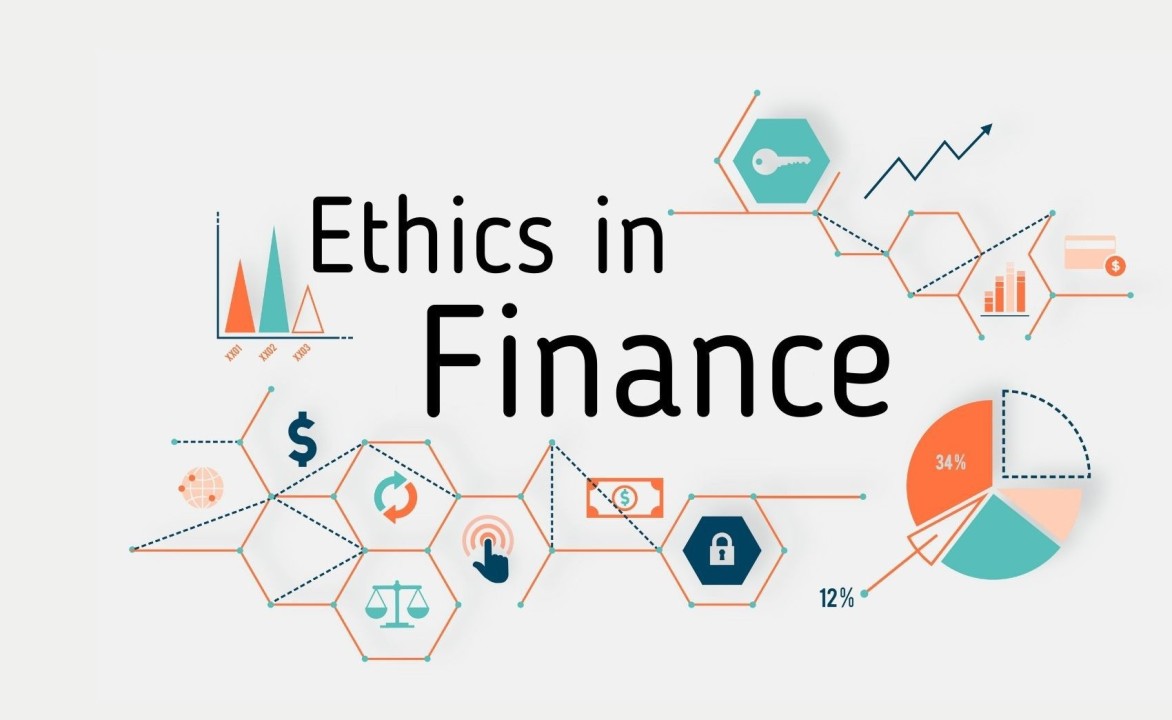In the US accounting and finance industries, maintaining the highest ethical standards is paramount for upholding public trust and ensuring the integrity of financial information. Ethical conduct is not just a matter of compliance; it’s the bedrock upon which the credibility of the profession rests.
Key aspects of ethics in US accounting and finance include:
- Integrity: Being straightforward and honest in all professional and business relationships.
- Objectivity: Not allowing bias, conflict of interest, or undue influence of others to override professional or business judgments.
- Professional Competence and Due Care: Maintaining professional knowledge and skill at the level required to ensure that a client or employer receives competent professional services and acting diligently in accordance with applicable technical and professional standards.
- Confidentiality: Respecting the confidentiality of information acquired as a result of professional and business relationships and not disclosing any such information to third parties without proper and specific authority or unless there is a legal or professional right or duty to disclose.
- Professional Behavior: Complying with relevant laws and regulations and avoiding any conduct that discredits the profession.
Organizations like the AICPA (American Institute of Certified Public Accountants) provide codes of conduct and ethical guidance for professionals in the field. Upholding these principles is crucial for maintaining the reputation of the profession and serving the public interest.
How does your organization promote and reinforce ethical behavior within its accounting and finance teams? What are some of the biggest ethical challenges facing professionals in the industry today? Share your thoughts.
